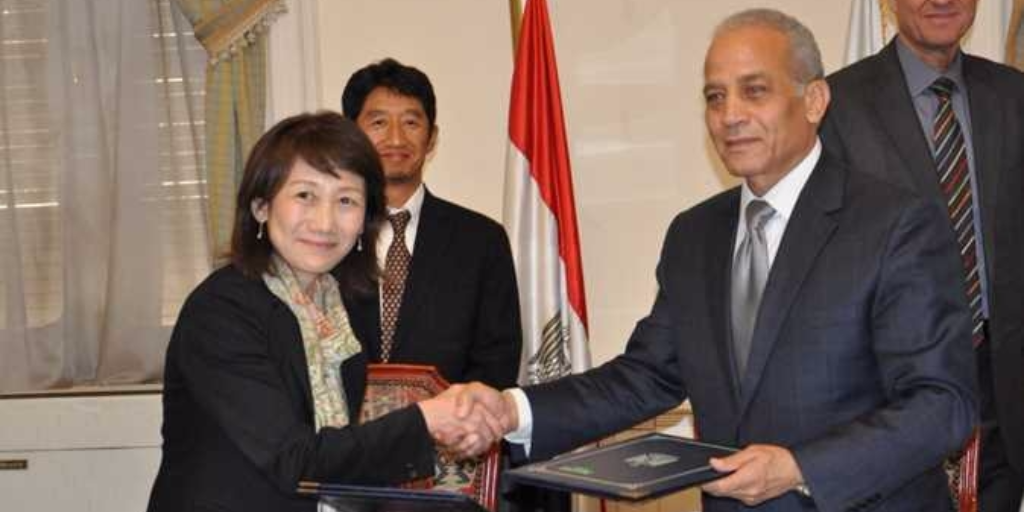Egypt’s Ministry of Education and Technical Training signed a cooperation protocol with the Japanese International Cooperation Agency (JICA) to collaborate in developing a technical training program, privately-owned Al-Masry Al-Youm reported.
The agreement, which was signed under the supervision of Egypt’s Deputy Minister of Education and Technical Training Ahmed El Geyoushi, will see the establishment of three dual-learning schools in Port Said, in addition to a technical high school in Menoufiya.
The schools will be established in accordance with the Japanese model of education, while JICA will be responsible for equipping the schools with the necessary tools.
Japan and Egypt have long had strong economic ties, particularly as Japan has provided Egypt with several loans and grants over the past few decades in a bid to support sustainable growth and tackle issues such as unemployment and poverty.
During a visit to Japan earlier this year, Egyptian President Abdel Fattah Al-Sisi oversaw the signing of several loan agreements worth USD 500 million that will finance major national projects, in addition to another agreement that will see 2,500 Egyptian students visiting Japan to “benefit from the Japanese educational system” over the next five years.
Japan also pledged last year to fund a solar power plant at a cost of USD 100 million. The power plant will have a capacity of 20 megawatts and will be located in the sunny Red Sea resort town of Hurghada.
In 2010, the Japanese and Egyptian governments also collaborated to set up the Egypt-Japan University of Science and Technology (E-JUST), the first Japanese university to be established outside Japan. The university contributes to “improving education, scientific research and innovation, which would achieve coherence between its goals, society requirements, and industry.”







Comments (0)